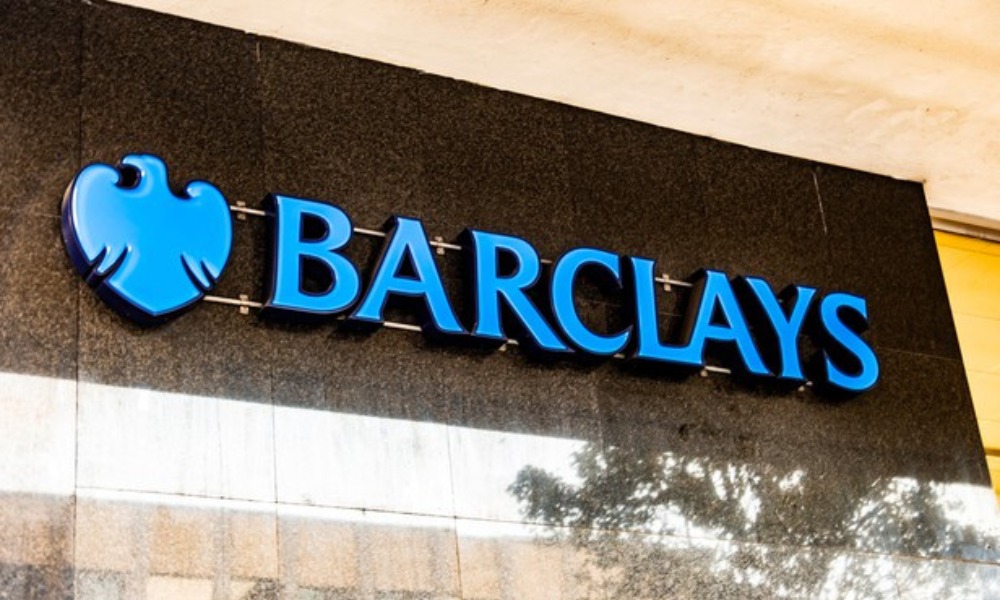Lender reports big leap in profits – and there is some strong correlation to the President's handiwork

Global markets convulsed in the wake of Donald Trump’s aggressive trade manoeuvres, few beneficiaries emerged more gleaming than Barclays. The British bank’s first-quarter results, released this week, showcased a 19% leap in pre-tax profits to £2.7 billion — a performance that far exceeded expectations and invited a provocative question: does Barclays owe a thank you note to the U.S. president?
The surge in earnings, driven by Barclays’ investment banking arm, coincided with a period of heightened market instability. Trump’s reinstallation to the White House and subsequent escalation of trade hostilities — including sweeping tariffs on China and other trading partners — unleashed a storm of volatility that financial traders eagerly rode.
At Barclays, that volatility translated into a 16% year-on-year increase in investment banking revenues, reaching £3.9 billion. Within this division, fixed income, currencies, and commodities trading soared 21%, marking the firm’s strongest area of performance. While the bank’s equity trading fell short of the robust gains enjoyed by U.S. rivals, it still posted a respectable 9% increase. Fees from corporate advisory services, including mergers and acquisitions, nudged up by 4%, in line with American counterparts.
This volatile backdrop allowed Barclays’ markets team to thrive. Its traders were tasked with navigating clients through a maze of geopolitical developments, currency swings, and policy shocks emanating from Washington. And they did so with notable aplomb.But not all signs point to celebration. The bank also increased its credit impairment provisions to £643 million — up from £513 million a year prior — attributing a £74 million slice of that to elevated U.S. macroeconomic uncertainty. In other words, the very volatility that energised the trading desk is seen elsewhere in the business as a risk requiring a financial cushion.
The duality of this scenario underscores the challenges faced by CEO C.S. Venkatakrishnan, known as Venkat, who is executing a multi-year strategy to rebalance the bank. While investment banking continues to deliver in times of flux, it also raises investor concerns about cyclicality and capital intensity. Venkat’s plan, announced last year, aims to return at least £10 billion to shareholders by 2026 while expanding in domestic retail and commercial banking — areas less prone to market spasms.
Still, in this quarter at least, Barclays reaped the rewards of geopolitical drama. The performance drew favourable comparisons to top Wall Street firms, particularly in fixed income. Yet the path ahead remains less certain. Trump’s tariff war threatens to fuel inflation and provoke broader economic slowdowns in both the U.S. and UK — regions where Barclays has significant consumer operations.Despite these looming risks, Barclays raised its 2025 income guidance to over £12.5 billion, from an earlier forecast of £12.2 billion, underscoring confidence in its strategy. But investors and analysts alike will be watching closely: is this quarter an outlier driven by political noise — or a sustainable upswing?
For now, one thing is clear. In an increasingly unpredictable global economy, even political shockwaves can become profit engines — provided you have the trading floor to harness them.



